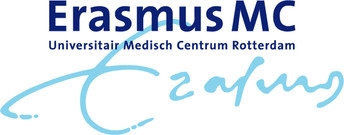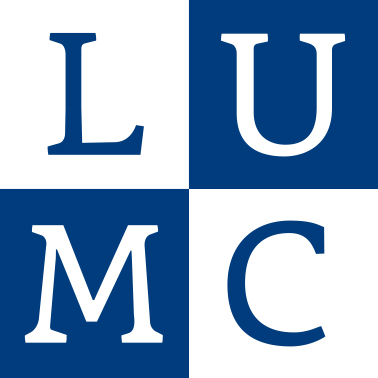Generation of miniature muscles
In this project miniature muscles for two skeletal muscle disorders, Pompe disease and facioscapulohumeral muscular dystrophy will be generated. ErasmusMC contributes expertise on the generation of skeletal muscle cells from induced pluripotent stem cells and knowledge on Pompe disease. LUMC contributes knowledge on force measurements in skeletal muscles and on facioscapulohumeral muscular dystrophy. Optics11 contributes fiber optics that allow monitoring of the miniature muscles in a non-invasive manner.
Very few therapies for skeletal muscle disorders exists, which has a large impact on society. Existing cell models and animal models do not model human skeletal muscle disorders faithfully or in a robust manner. Additionally, models available to date lack 3D-muscle structures and cannot measure functional parameters such as force generation by the muscle.
In this project, they will develop a 3D muscle-on-chip platform that will measure force and parameters like temperature, oxygen concentration, and intracellular calcium concentration in the miniature muscles simultaneously. The generation of this muscle-on-chip model platform allows us to study disease mechanisms and to test novel therapies for Pompe disease and facioscapulohumeral muscular dystrophy. The muscle-on-chip platform will furthermore allow long term monitoring, enabling us to study long term effects of treatment and to further personalized treatment regimens to prevent unnecessary treatment and thereby reducing costs.
The deliverables of this project will be the generation of a set of cell models based on stem cells that contain mutations causing Pompe disease or facioscapulohumeral muscular dystrophy; the generation of small muscle bundles from these models and their incorporation in a chip that allows measurements of their strength; incorporation of technology in the chip that allows the monitoring of additional parameters for disease progression; and measurements of these disease parameters to monitor human disease symptoms in the muscle-on-chip platform.



